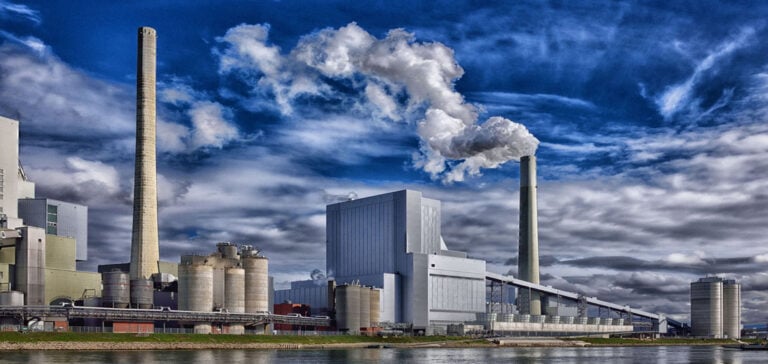Poland signs historic agreement with US consortium Westinghouse-Bechtel. This involves the design of its first nuclear power plant. The plant is scheduled to be operational in the north of the country within a decade. The 18-month agreement was signed with Les Centrales Nucléaires Polonaises (PEJ). It covers the design of the plant’s main components, as well as the implementation of supply chains. In addition, this agreement supports the investment process and the preparation of the documentation required to obtain building permits.
The estimated cost of construction, due to start in 2026, is 100 billion zlotys, or around $23 billion. The plant will comprise reactors with a total capacity of 3750 MW.
The gamble on nuclear power
At the signing ceremony, Polish Prime Minister Mateusz Morawiecki declared: “Today, Poland opens a new chapter in nuclear energy. Just as the 20th century belonged to coal and oil, the 21st century belongs to the atom.” Morawiecki stressed the importance of nuclear power in guaranteeing the stability of the energy system.
The plant will be located in Lubiatowo-Kopalino, near Choczewo on the Baltic coast. Poland plans to build three nuclear sites. Each houses three reactors, for a total capacity of 15 GW. This would represent around 30% of the country’s energy mix. Construction of a second plant has already been awarded to the South Korean group KHNP, in partnership with Polish companies PGE and ZE PAK. However, the choice of manufacturer for the third power station is still pending.
Why does it matter?
This project is of major importance for Poland’s energy security. The nation had long had ambitions to develop nuclear power generation capacity for civilian use. This ambition has been heightened by international events. One example is Russia’s invasion of Ukraine, which highlights the need to diversify energy sources and guarantee the stability of the country’s energy supply.
In conclusion, Poland has reached a crucial milestone in its journey towards nuclear power. This strengthens the country’s energy security and helps diversify its energy mix to meet future needs. The construction of this plant is a testament to Poland’s commitment to a clean, stable energy source for decades to come.






















